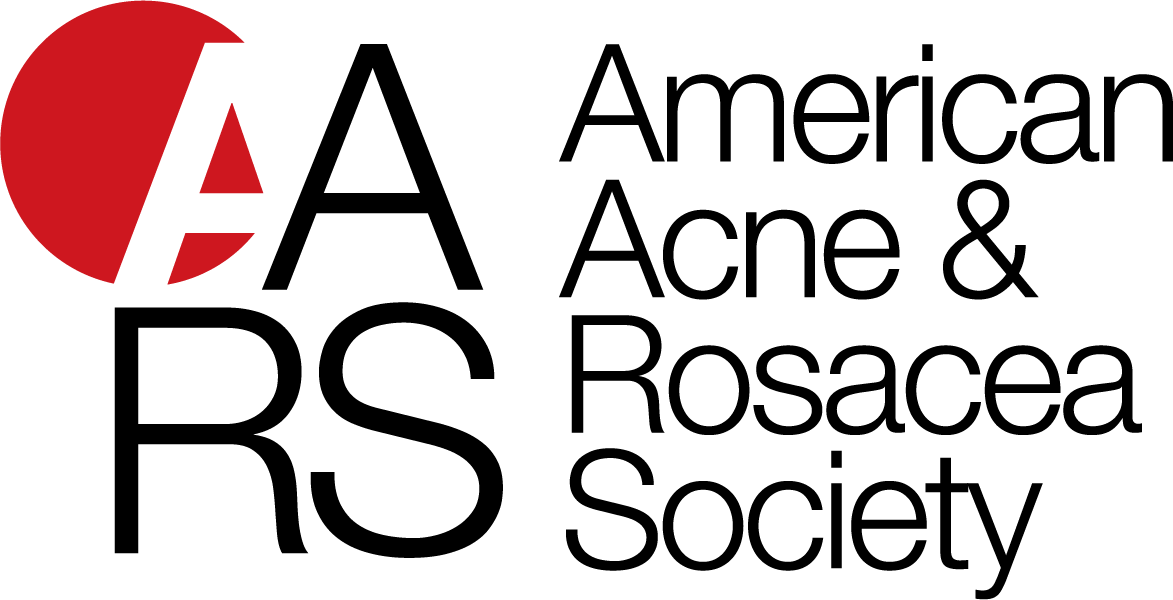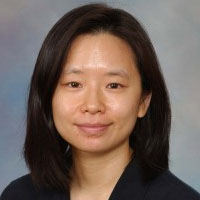Laura Marinelli, PhD
UCLA David Geffen School of Medicine, Division of Dermatology
2011 Research Grant Recipient
Research Grant Proposal
Characterizing the Mechanisms of Lysis and Lysogeny in Propionibacterium acnes Bacteriophage
Abstract: Acne vulgaris affects more than 45 million people, and over 80% in the US report suffering from acne and some point in their lives. Severe acne has significant psychological effects and has been linked with increased mental health problems and suicidal ideation in teenagers. There are several lines of evidence implicating the Gram-positive skin commensal, Propioinibacterium acnes, in the pathogenesis of acne, specifically by eliciting a host inflammatory response. Although antibiotics have demonstrated efficacy for acne treatment, up to 60% of clinical isolates are resistant to those drugs currently in use. This fact, combined with growing concerns regarding the safety of retinoid-based therapies, has created an opportunity for research aimed at developing safer and more effective anti-acne therapeutic agents. To this end, the objective of this study is to characterize the bacteriophages that infect P. acnesand elucidate the mechanisms by which these viruses interact with, and kill, their host bacteria. Bacteriophages are prevalent in the environment, and P. acnes phages can be readily isolated from human skin. Despite this, there is only one complete published genome of a P. acnes phage, and little is known about their role in the skin microbiome. In order to better characterize these entities, we isolated P. acnes phages from the sebaceous follicles of acne patients and healthy donors. Four of these have been completely sequenced and display striking genetic identity (~90%) with one another and the published phage sequence, PA6. The phages in our repertoire also display a broad host range against both lab and clinical strains of P. acnes.
Through the experiments outlined in this proposal, we plan to isolate and sequence additional phages in order to gain a better appreciation of the full extent of genetic diversity present within this population, as well as to uncover genes involved in critical processes, such as host range determination and bacterial killing. The development of improved genetic tools for P. acnes and its phages will facilitate functional genomic studies to confirm their function. We further plan to determine whether any of these phages has the ability to enter into a stable lysogenic relationship with its bacterial host, as understanding of this process and how it is regulated will be critical to the design and development of phage-based acne treatments. Our initial sequencing efforts have already uncovered P. acnes phage genes, known as endolysins, with the potential to be exploited for therapeutic purposes. The third part of this proposal will therefore involve exploring the proposed antibacterial activity of these proteins by assaying their activity in vivo and in vitro. We hypothesize that further characterization of P. acnes bacteriophages, both genetically and phenotypically, will provide the necessary information to effectively manipulate and exploit their ability to efficiently and successfully kill P. acnes. Ultimately, we hope that information gleaned from these studies will facilitate the development of safe and effective phage-based antimicrobial therapies for the treatment of acne.
Publications
Marinelli, L.J. et al. Propionibacterium acnes Bacteriophages Display Limited Genetic Diversity and Broad Killing Activity against Bacterial Skin Isolates. American Society for Microbiology journal, mBio. Sept 2012.
View Dr. Marinelli’s published research article




